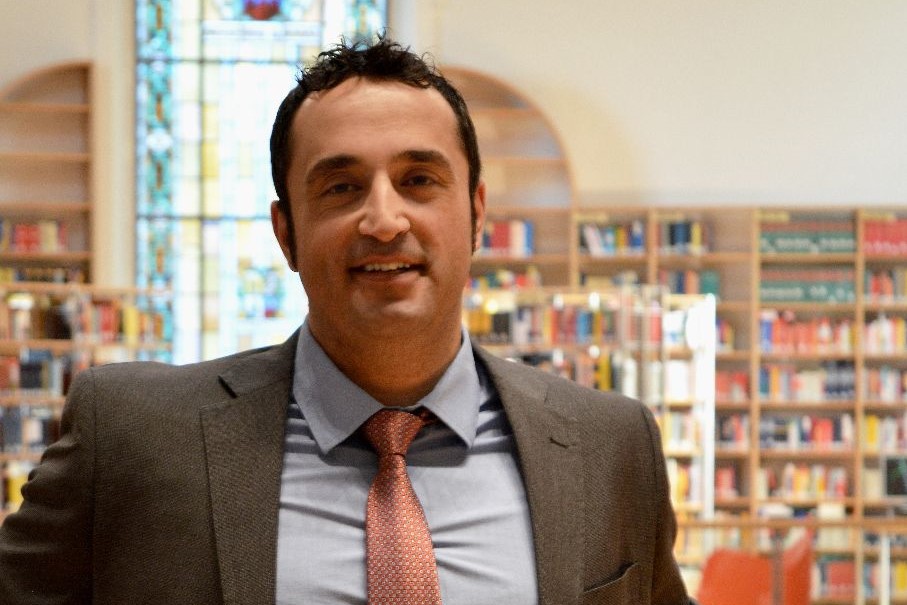Erdogan faces key challenge in Istanbul – Hüseyin Çiçek in “The Arab Weekly”
In an article by “The Arab Weekly” from 23 June 2019, political scientist and associated EZIRE-member Hüseyin Çiçek deals with the increasing challenges Turkish President Recep Tayyip Erdogan faces. Surveys predicted the victory of the opposition in the resumed elections in Istanbul, and both economic and foreign policy problems emerged.
Ekrem Imamoglu, candidate of the main opposition party CHP, could beat Erdogan’s ruling AKP-candidate Binali Yildirim by up to 9 percentage points according to polls – Imamoglu narrowly defeated Yildirim in the regular elections in March, but AKP pressure overturned the election result and scheduled a re-run. This decision has led to international criticism and accusations by the Turkish opposition of undermining democracy and has also unsettled the financial markets.
According to Hüseyin Çiçek, the elections in Istanbul would be decisive. “The coming days will show how much confidence the Turks still have in the president’s policies,” Çiçek said. The AKP, which has won almost all elections in Turkey since 2002, seems on the verge of defeat. A second defeat in Istanbul would shake Erdogan’s 16-year influence on the country and deprive the AKP of financial resources. The AKP and its Islamist predecessors have controlled Istanbul for 25 years. Istanbul has a budget of almost 4 billion dollars and accounts for a third of the country’s economic output – the loss of Istanbul would weaken the government at a time of growing problems at home and abroad. Dissidents within the AKP reportedly planned to separate from the party and form their own organization.
The repeat of the elections is taking place because the Turkish economy is struggling with recession, high unemployment and an inflation rate of almost 19%. Some economists predicted that the country would need external assistance, either from the International Monetary Fund – a move Erdogan rejected – or other means.
Turkey’s dispute with the United States over Ankara’s plan to buy a Russian air defence system could soon turn into a serious crisis, as the first components of Russia’s S-400 systems are expected to arrive in Turkey within a few weeks.
The elections in Istanbul are also a test for Erdogan’s new presidential system. Critics said the president pushed parliament aside and turned the government into a one-man show, accusing him of chasing neo-Ottoman-style fantasies. According to Hüseyin Çiçek, the “‘Ottoman AKP air castle’ could also collapse.
A survey published by the Konda Institute predicted that Imamoglu would win with 54% of the votes, Yildirim with 45%. Konda Director General Bekir Agirdir said on Medyascope internet television that the decision to invalidate the March elections was the main reason for the AKP’s problems. Political pressure on the Supreme Electoral Council, which led to the elections being repeated, shook people’s sense of justice, saying that this was the moment when the AKP lost. Imamoglu also enjoys the support of many opposition voters who are not CHP members and are determined to bring Erdogan a new defeat. The AKP’s strategy to beat Imamoglu is based on motivating the party’s base to vote – some 1.7 million voters did not vote in the March election.
